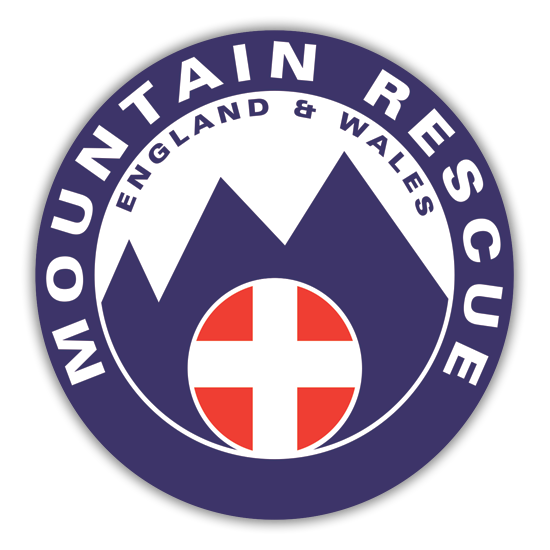Team Member Wellbeing
@ Carney James Turner/Buxton MRT
So you or a family member want to join mountain rescue? What does it mean to be a mountain rescue team member and what impact might that voluntary service have on your friends and family?
We take the welfare and wellbeing of our team members very seriously. Covid-19 has highlighted more than ever the importance of working together, supporting each other and looking out for our colleagues, friends and families. And it may have changed the way we conduct call-outs and training for the foreseeable future in terms of PPE and operational protocols prior to, during and after any event, to keep our team members safe and their families reassured.
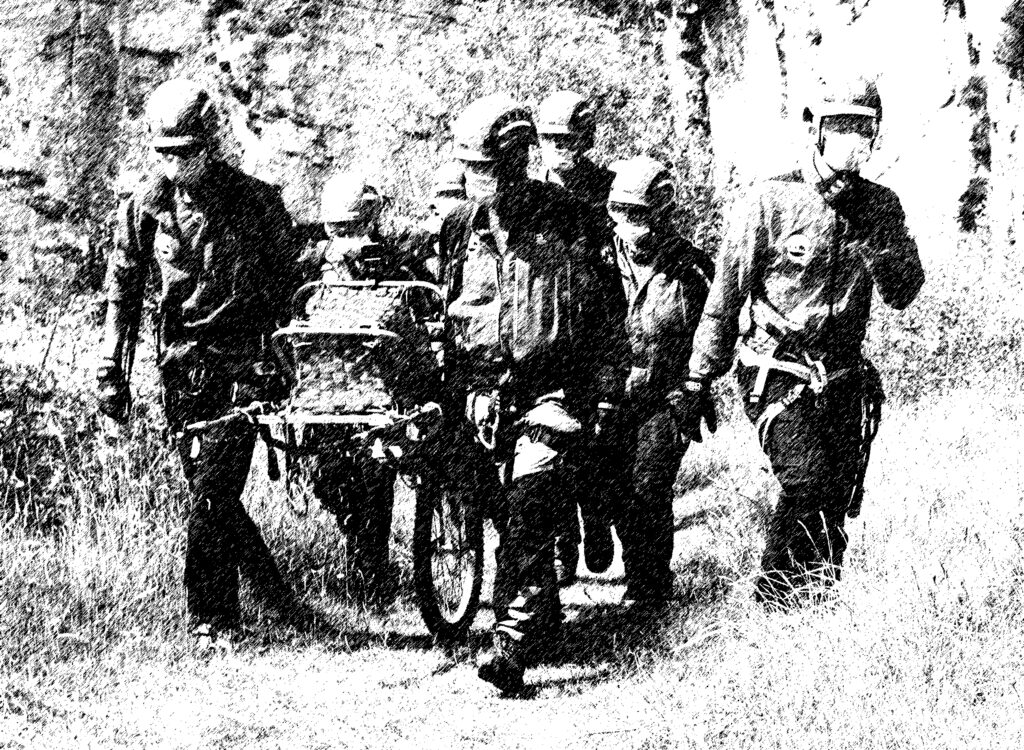
What to expect when you join a team
Volunteering is a big commitment. And without our volunteer team members, the mountain rescue service in England and Wales wouldn’t exist. Local requirements vary depending on the individual team’s area of operations, the number and frequency of incidents and the type of terrain they cover but, as a rule of thumb, you will be expected to:
- Be on call to respond to call-outs 24/7, throughout the year, unless otherwise agreed with your team leadership (for example, holiday or work commitments).
- Be prepared to leave home or work at a moment’s notice when someone needs help, sometimes in extreme weather conditions.
- Attend regular training sessions — both real-time scenarios and also perhaps online.
- Help out at fundraising events to support the team — which may also involve taking part in standby covers for local events to help raise the team’s profile.
- Already have a level of expertise in the sort of terrain and conditions within the team’s area — for example, climbing skills, winter hills skills, navigation skills and basic first aid. You can expect to receive further training to prepare you for the situations you might encounter, including specialities such as rigging and rope rescue skills, stretcher handling, casualty care, driver training and swiftwater training, as well as regular familiarisation with the equipment.
- Be a team player. Perhaps the most important, from a welfare point of view, is the expectation that you bond with existing team members so that when asked to operate in difficult conditions, unfamiliar terrain and under the cloak of darkness, there is an essential element of trust in each other and an understanding of what is required. That sense of camaraderie and frequently dark humour has lifted the spirits of many a rescuer and casualty!
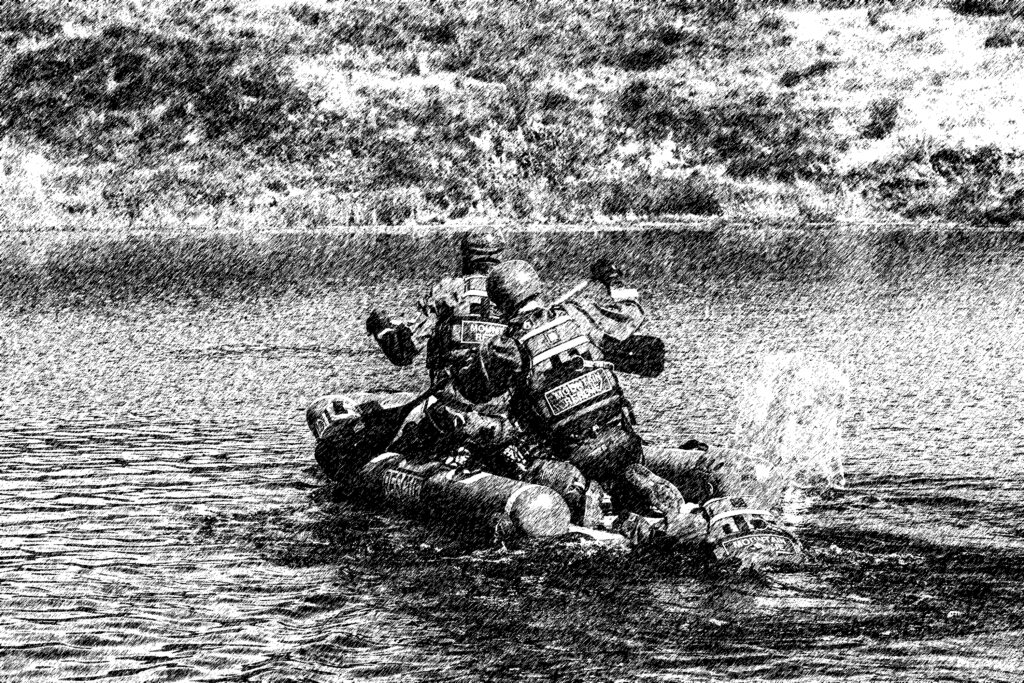
What sort of situations are you likely to deal with?
You might be asked to respond to a wide range of emergency situations, including:
- Missing persons searches (often protracted, lasting from a few hours through to many days).
- Mountain, steep crag and moorland incidents and accidents involving injuries to limbs, chest and head (sometimes resulting in death) and medical emergencies.
- Mountain biking injuries — now a significant source of call-outs.
- Civil contingencies such as flooding and heavy snow with team members supporting their local communities (and often further afield) and the statutory emergency services with their expertise and organisational skills during extreme conditions.
- Over the years, other incidents have included animal rescues (dogs, sheep, cows, horses, even ducks), paragliding accidents, rail and air crashes, logistical assistance for the fire service during moorland fires, and off-road traffic accidents, amongst other things.
Dealing with all of these things — carrying heavy kit up and down hills, coping with the physical exertion and adrenalin rush of carrying out the rescue in timely manner, whilst perhaps dealing with a severely injured casualty or a life lost — can take an enormous toll on your mental and physical wellbeing.
And it can also affect your family, interrupting sleep, family and social arrangements and your working day so it’s important you have the support of those around you — whose lives will also be disrupted — and that you learn to recognise the signs and symptoms in yourself that you are not coping. We’ll talk more about those further on. Still interested in joining? Find your local team here.
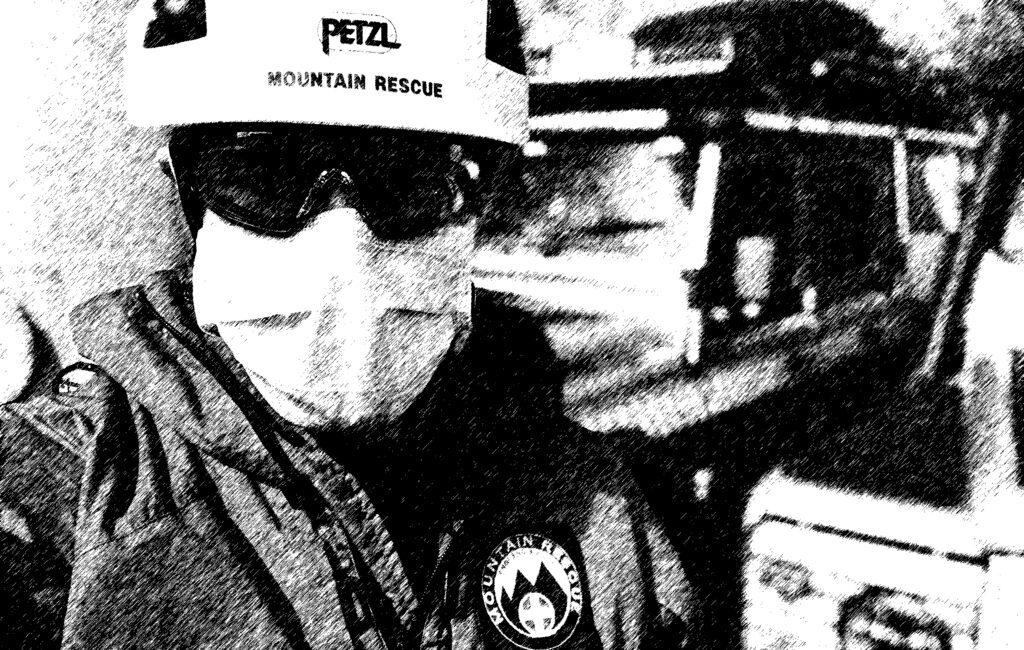
What to expect as the family and friends of a team member
It’s important that your volunteer team member has your support and understanding. Teams need to be assured that once an incident is over, their often exhausted team members can return to a place of safety, love and understanding. And we know how hard this can be, particularly if that call came in the middle of the night (interrupting your sleep too), or the rescue is long and technically demanding. Maybe that call came during a family supper, or halfway through a long-planned birthday party (as they often do), maybe even Christmas Day or New Year’s Eve, adding to the layers of stress.
What you and your volunteer can look out for
Your volunteer may show signs of heightened stress after a call-out, perhaps appearing ‘wired’, exhausted or just low in mood. These can all be part of a normal stress response but if symptoms persist for some time, they could be a sign that person needs extra help. We all deal with stress in different ways. Some talk it through, some bottle it up, some head to the hills to blow the cobwebs away, others take to the yoga mat. We’ve included some of the signs and symptoms in the panel below. You will know better than anyone how your loved one is coping with those emotions. Sometimes it can be hard to articulate how we’re feeling with those closest to us, but there is help available to help you and your family if you need it.
Signs and symptoms of stress and anxiety can include:
- Worrying more than usual
- Seeming tired and irritable, even if there hasn’t been a late night
- Trouble sleeping at night
- Muscle tension or restlessness.
Signs of low mood or depression can include:
- Difficulty concentrating or making decisions
- Dramatic changes in sleeping or eating patterns
- Anger, sadness or frustration, particularly after a call-out
- Losing interest in things they used to enjoy.
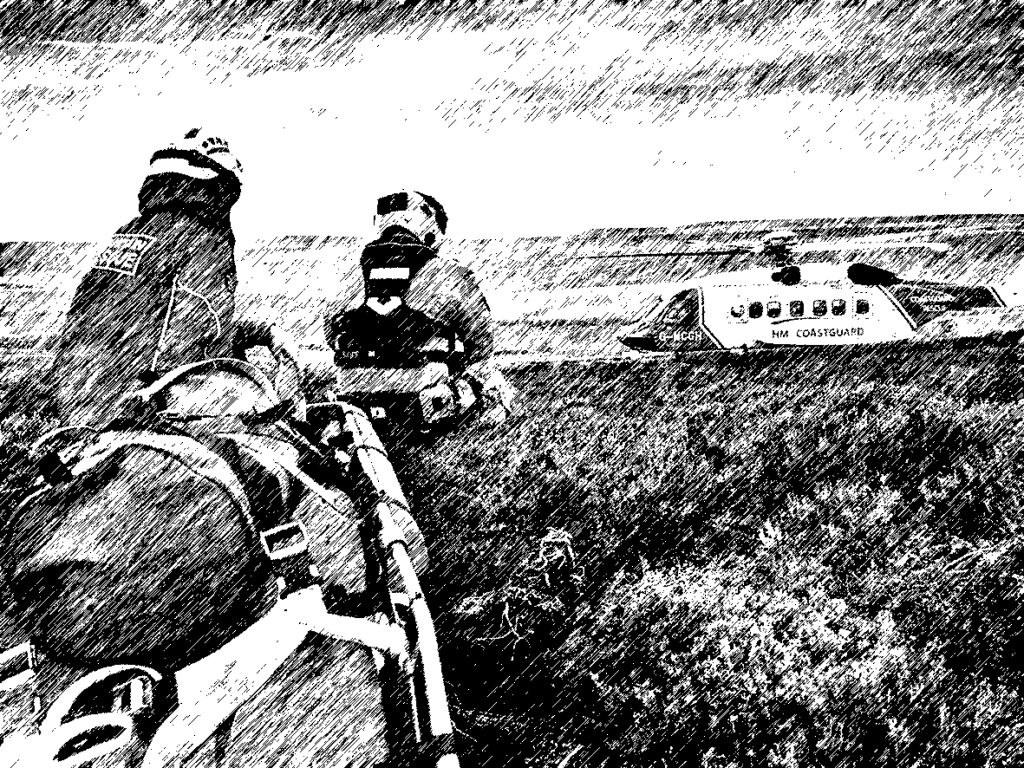
Managing your own fear and worry
Whatever their relationship to you — be it husband, wife, partner, mother, father, child or just your best mate — your loved one has volunteered to take part in some of the most dangerous tasks in your community. Of course you will worry. After all, it’s your life too that turns upside down when they disappear at a moment’s notice, leaving you to organise the childcare, shopping, party arrangements or just get back to sleep after being so rudely awakened!
The nature of a mountain rescue call-out is that it can be all-consuming for those involved. It demands team members’ full attention, often for hours, so it may be some time before they can reassure you that they are okay. Or even let you know when they’ll be home.
If you do find yourself worrying, here’s some suggestions
- Focusing on the victim and their family can really help. However bad your day, the likelihood is that theirs has taken a far worse turn, perhaps with long-term implications for their health and future enjoyment of the hills. Know with absolute certainty that they and their families will be deeply grateful for the efforts and sacrifice you and your family made for them, when they most needed it.
- Get support from other team members’ families. Joining mountain rescue is very much like joining an extended family — they’ll have been through it all before and be able to reassure and support you. It’s good to talk!
- Get to know the team and the wider world of mountain rescue. Attend social events, offer support with fundraising, join the team’s supporter group. And don’t forget to read our quarterly Mountain Rescue magazine and the Annual Review to find out what other teams have been up to. Your team member should have access to both of these through their team. If they don’t, ask why not!
Mountain Rescue Annual Review 2022
Getting the kids onboard
There are a number of ways you can prepare your kids for the uncertainty of their parent heading out on a rescue.
- Introduce them to the call-out alert system so they know what it means, that it’s the sound of someone calling for help.
- Give them a tour of the base and vehicles, let them sit in the stretcher, handle the kit, wear the jacket… we even know some team members who pop a mountain rescue supporter badge on their three-year-old’s favourite fleece so they feel ‘part of the team’.
- Think of a routine way to say goodbye when you or they rush out the door and a way to welcome them home when they return.
- Keep things as normal as possible while the other parent is away, but let them know that mum, dad or whoever might be tired for a while.
More than one volunteer in the family?
A formal, organised mountain rescue service has been around in England and Wales for almost a hundred years and many teams can boast a long lineage of family membership, handed down through several generations. It isn’t unusual for entire families to be involved and perhaps you too would like to join, alongside your partner.
Be aware that this can raise concerns about working together in a dangerous situation, with both the physical and emotional practicalities. If you have a young family, there’s childcare to consider and how would you feel if your child volunteers?
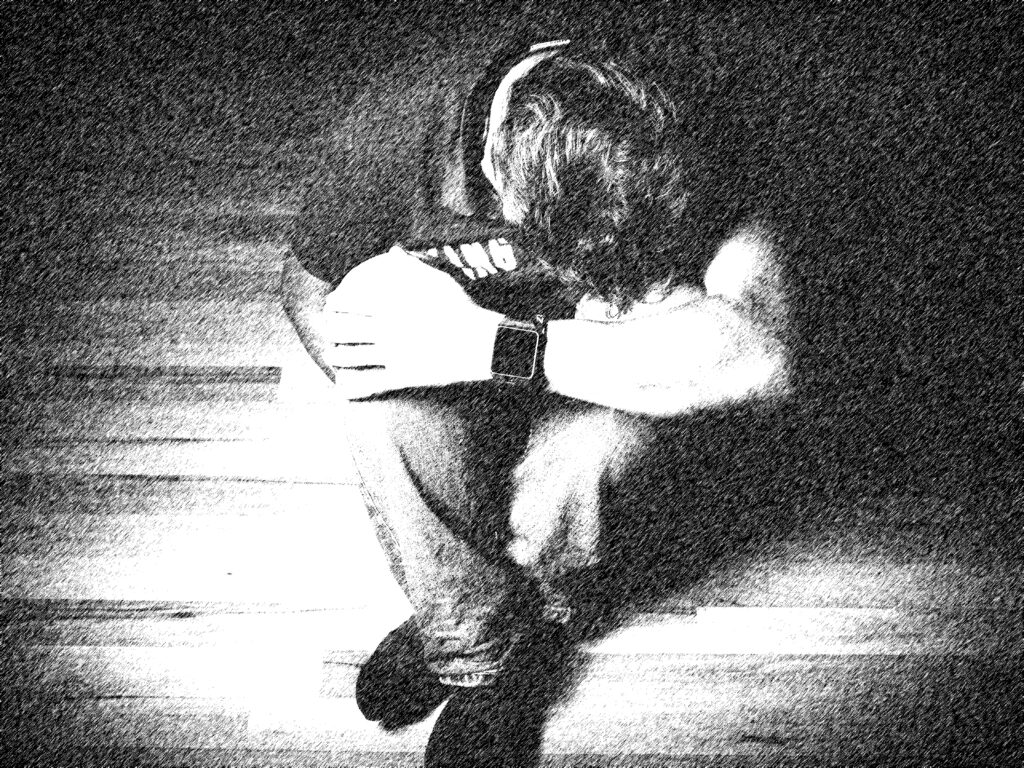
How to find the help you need — when you need it — for you and your family
If it’s an emotional wellbeing issue, the age-old ‘mountain rescue technique’ of popping out for a natter with your teammates over a brew and a biscuit, or a beer and a bag of something salty, might be all that’s needed to relieve the stress. But sometimes, this just isn’t enough.
Rest assured that your team leaders will have seen, heard and experienced all the emotions you might be going through as a volunteer team member or family member, so tell them how you’re feeling. Many teams count local GPs amongst their members, acting under the auspices of ‘team doctors’. They will be happy to chat confidentially about any concerns. And, of course, your own GP can help too. Many regional police constabularies offer mountain rescue team members access to their counselling services.
Alongside this, Mountain Rescue England and Wales is working in collaboration with other emergency services, volunteer rescue services and the wider Search and Rescue community, to actively support the wellbeing of our team members, inspired and encouraged by our Royal Patron, HRH The Duke of Cambridge.
If you or a family member would like to know more about what help and support is available to you, email wellbeing@mountain.rescue.org.uk.
You can also download a copy of this webpage as a handy Fact File PDF here.
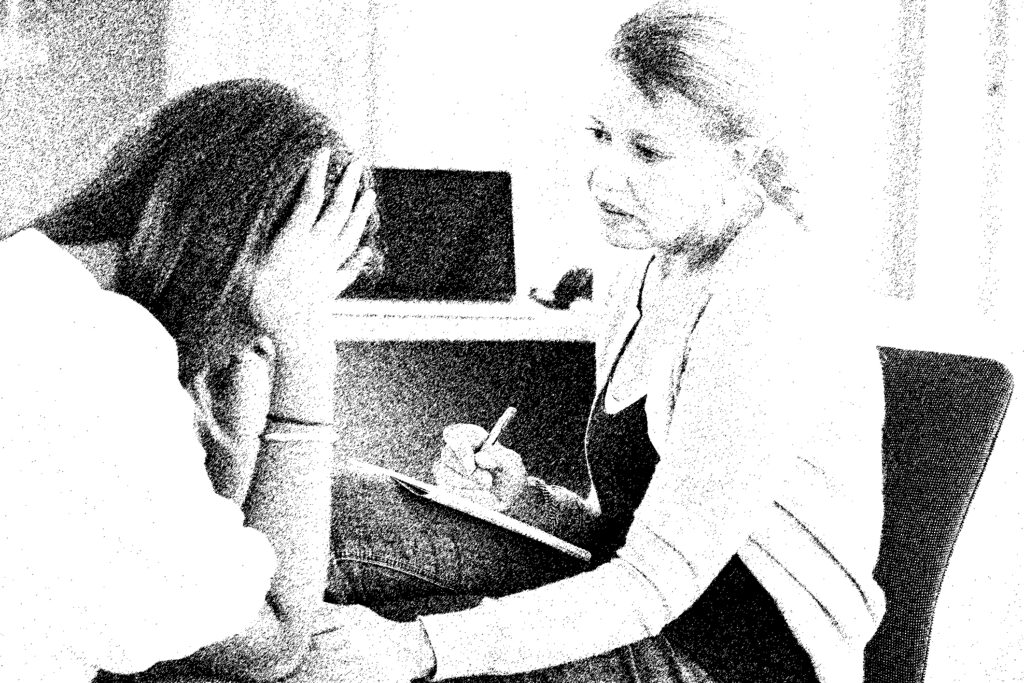
The Rescue Benevolent Fund: for the mountain and cave rescue family in need
The Rescue Benevolent Fund has been helping team members and their families since 2013. Set up through a collaboration between Mountain Rescue England and Wales and the British Cave Rescue Council, it is a separate charity, with independent trustees, working alongside mountain and cave rescue in complete confidentiality.
The fund will consider an application for support from any team member or their family, for any physical, mental health or financial hardship suffered as a result of a mountain or cave rescue incident. Often, time is of the essence, and finding that extra financial support to cover private healthcare in the form of physical rehabilitation or counselling can be hugely beneficial. The application process is simple and claims to date have covered assisting in the timely recovery from broken limbs, grief and PTSD counselling (for both team members and family members), support with financial hardship, and funeral costs for death in service.
If you feel you or your family might benefit from benevolent support, email secretary@rescuebenevolent.fund for more details and an application form.
Other useful support organisations and resources
- Mind
- Mental Health at Work
- Unison
- NHS
- Headspace
- Campaign Against Living Miserably (CALM)
- Samaritans
- Papyrus Prevention of Young Suicide
- The Fire Fighters Charity
This information is based on an information booklet originally produced by Fire and Emergency New Zealand (FENZ), following a research study they commissioned in 2017 and reproduced here and in Scotland to suit local circumstances. We wish to acknowledge our gratitude to FENZ for their support and willingness to share their research and materials.
